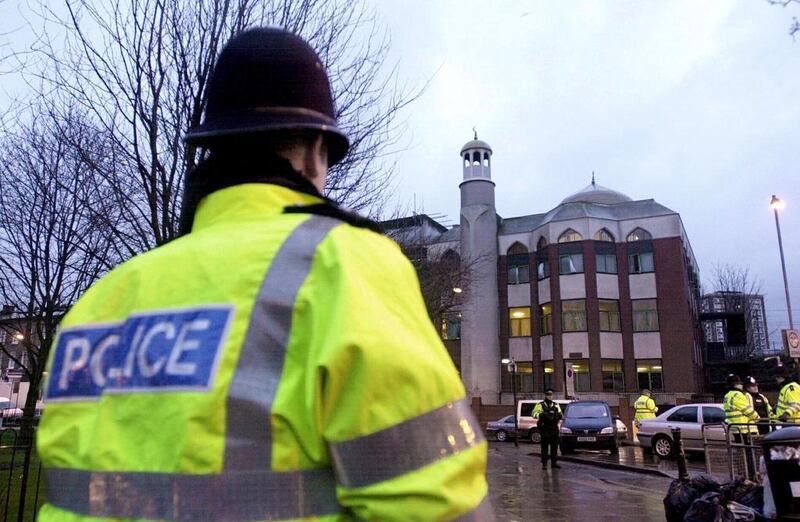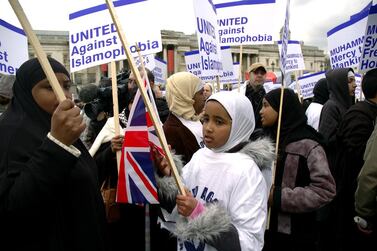The British government’s extremism adviser has called on leaders of the country’s three main political parties to commit to challenging hateful acts.
Sara Khan has written to Conservative leader and Prime Minister Boris Johnson, Labour leader Jeremy Corbyn and Jo Swinson, head of the Liberal Democrats, accusing politicians of not doing enough to counter extremism.
The letter, which follows the recent release of the Commission for Countering Extremism's report Challenging Hateful Extremism, said: "Our country's response to hateful extremism is weak, insufficient and often ineffective. In the interests of our country, we need to do better.
“Hateful extremism is undermining the social fabric of our country and is having a devastating impact on the lives of individuals, communities and the country as a whole."
In the letter, the commission puts forward some recommendations for the British government to adopt.
These include a clear vision and definition for a whole-society effort to counter hateful extremism that is proportionate, based on human rights and focuses on victims, and a review of existing legal powers to ensure they are being used effectively.
It also calls for a task force led by the Home Secretary to prioritise and co-ordinate efforts across society against the most pressing incidents and issues.
Ms Khan called on the main parties to prepare plans for tackling hateful extremism “to protect our democratic values and the rights of everyone in this country”.
She said people from ethnic, racial or religious minorities were most likely to be attacked by extremists, as well as women and those who hold different political views.
“The active attempts to diminish pluralism, normalise hateful narratives – which often include making the moral case for violence – demand an urgent response,” Ms Khan said.
On Tuesday she will make the case for urgent action on extremism in a speech at the Bridging Northern Communities conference organised by Leeds Council.
Ms Khan will say that extremists seek to exploit local tension to spread hatred.
She will praise the tireless work of those challenging day-to-day extremism and set out her vision for a new approach to tackle it.
The report released in October detailed the deep harm to people, communities and society caused by those who incite or amplify hatred, engage in persistent hatred or who make the moral case for violence.
Ms Khan describes this as hateful extremism, and argued that society needs to be quicker to identify it, get better at protecting victims and do more to challenge extremists.
Polling by the commission last year showed that 73 per cent of people want to see more done to challenge extremism.
A separate report released last month found that in Europe, Muslims are facing a “new kind of terror” which is rooted in Islamophobia and white supremacist ideology.
The European Islamophobia Report said nationalist, populist and far-right movements have increased their influence across the European continent.
It said that where they have achieved power, they have undermined the rights of minorities in general, and Muslims in particular.







